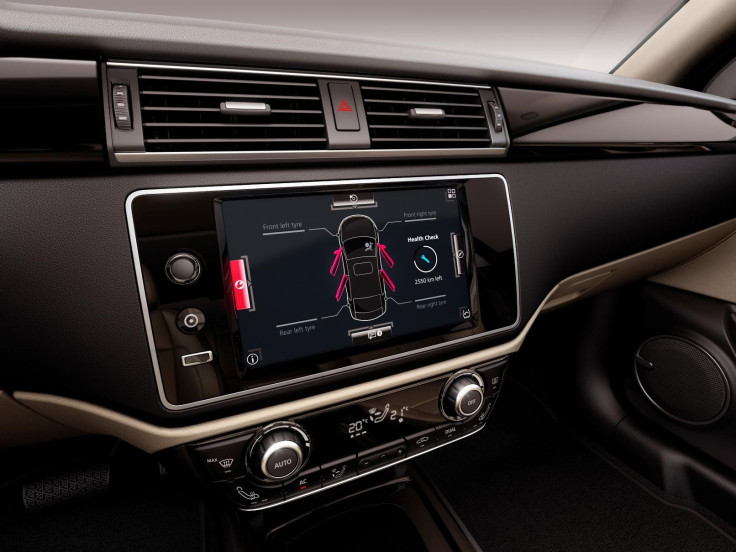
What if there's a car hack device, no bigger than the size of an iPhone, that could connect to your vehicle and allow a nefarious hacker complete control over your car? What if the hacker could remotely set your car's cruise control, lock your steering, and orchestrate a crash? This isn't Hollywood. This is a dangerous new gadget known as the CAN Hacking Tool (CHT), and it only costs $20.
Essentially, the CAN Hacking Tool (CHT) is designed to infiltrate into a vehicle's built-in software, which runs on an operating system similar to smartphones and computers. Inexpensive to produce, a CHT is comprised of a $1 computer chip used to bypass teh car's encryption. Four wires attach the CHT to the Controller Area Network of virtually any car. If set up correctly, a hacker can remotely control every electronical function of the car within minutes. A hacker could even disable brakes, deploy airbags, lock doors, or just turn on your heated seats.
The CHT device, which is smaller than the size of an iPhone, was created by two Spanish security researchers, Javier Vazquez Vidal and Alberto Garcia Illera. Vidal and Illera's research was funded by the U.S. Defense Advanced Research Projects Agency to demonstrate the vulnerability of digital security in cars.
"It can take five minutes or less to hook it up and then walk away," Vazquez Vidal told Forbes. "We could then trigger it to do whatever we have programmed it to do."
The gadget was first unveiled at last year's Black Hat conference in Las Vegas. According to Indiana security engineers Charlie Miller and Chris Valasek, the effectiveness of the CAN Hacking Tool is disturbing. Via a laptop, Miller and Valasek were able to remotely control brakes, accelerator, headlights, tighten seatbelts, and blast the horn of a Toyota Prius and Ford Escape.
Miller and Valasek noted that the hack was easily achieved when they figured out how to exploit the bugs in vehicle Bluetooth connectivity. Because of thise, it is possible to send remote code executions via mobile devices. Now, the CHT device is scheduled for a demonstration at a Singapore event in March.
Despite the demonstration by Miller and Valasek, Toyota previously said that it "wasn't impressed" with the claims, and insisted their vehicle systems were robust and secure. On the other hand, Ford expressed genuine concern and a spokesman says the hacks are being taken "very seriously."
Check out the demonstration in the video below:



